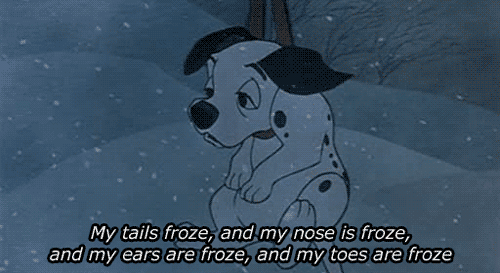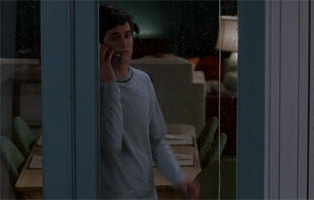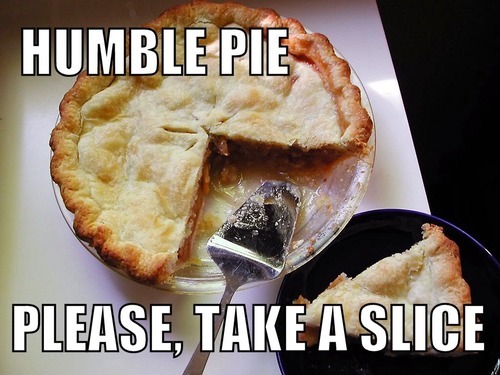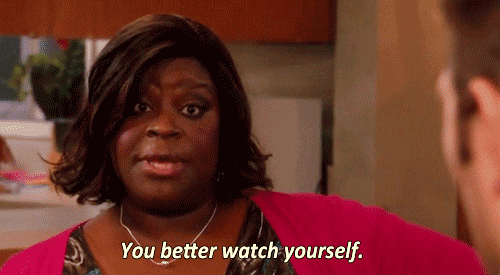
My iPhone 4 is crashing. And I’ve been complaining about it for months.
I haven’t even had this phone for very long—about two years. I bought it from my boss at my last job, and I’m sad to say that I think it is flashing its last screens.
The apps are lagging. Sometimes, when friends send me videos on Snapchat the app completely freezes and I have to delete and re-add it from the App Store.
The texts aren’t sending. And I don’t have a data plan, so I can’t use iMessage or WhatsApp unless I’m on campus or at home. Last Thursday, my texts froze for 24 hours. I couldn’t send or receive any messages. What if I was commuting, or out of town, or getting attacked by wolves??
Perhaps Apple is out to get me with a phone that doesn’t support all of their software updates (iOS 8 why you do this) so that I’m forced to upgrade. Or perhaps I’ve just dropped my phone too many times.
Regardless, I recently found myself needing (wanting) a new phone.
Problem! I’m a broke university student who, despite majoring in CCIT, knows close to nothing about these technology-text-call-device-thingies. And if you’re reading this, you’re one of two types of people:
1. You know about phones or;
2. You don’t.
And for the #2s who are looking for #1s, rejoice! Although I am also a #2, I have a liiiiittle bit of knowledge I’ve gathered in my phone-hunt that I’d like to share with you. And for you #1s: please share advice.
The first thing I’ve gathered is to have your own parameters set for what you want, especially a budget and a size. For example, I want a good camera and high- speeds. My budget is low and I want the phone to fit in my wallet.
Then call your phone company. Actually, call all of the phone companies! Tell Bell what Rogers said, and Rogers what Bell said, ask loads of questions about prices and what you want from a phone, and if you have any upgrades available.
Ask yourself the big question: iPhone or Android?
Tell as many people as you can that you’re looking for a new phone: friends, coworkers, family, the guy across the street—you never know who’s selling or who has suggestions. People sell phones in great condition on Kijiji, but be cautious of scams.
If you can’t go into a store where they sell phones, watch videos of phone comparisons. This can give you an idea of the size of a phone, the feel of the phone in your hand, and how the phone is doing in the market. Someone told me this week that it’s all about “the specs,” or the features on the phone. Videos tell you the specs in detail!
Check out this awesome YouTube channel called PhoneDog, where I’ve been watching some comparison videos.
A couple of the new phones that I’ve found in the constantly updating market are the Nexus 5 and 6, the iPhone 6, the Samsung Galaxy S5, the OnePlus One, the LG G3, the Sony Xperia Z3, and the HTC Desire. Google away, friends!
And most importantly (unlike me, still on the hunt!), make a sound decision before your phone actually crashes. You have been warned. Good luck, phone warriors.


















